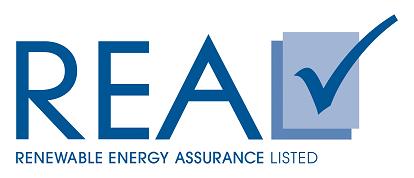
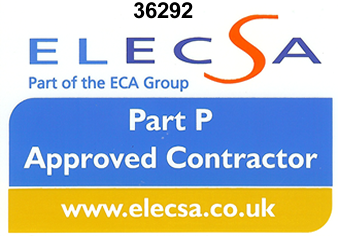

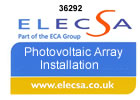

What is an EPC?
An energy performance certificate is produced after an assessor carries out an energy assessment on your property. The property is graded from A to E, the higher the points the better the energy rating. A 92(plus) being very energy efficient and G(1-20)being the least efficient.
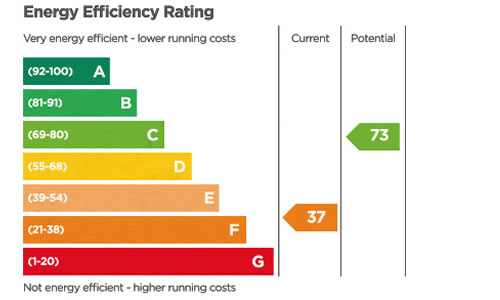
How does EPC work?
If you do not have a valid EPC for the building on which you intend to install or wire to your solar PV, you should obtain one in order to identify the current energy performance and EPC rating of your building and any cost-effective measures you can install to improve the rating of your building.
If the EPC shows that your property is not currently at level D or above, you will need to install measures to improve the energy performance of your property and obtain a new EPC certificate showing a rating of level D or above before you apply for FITs.
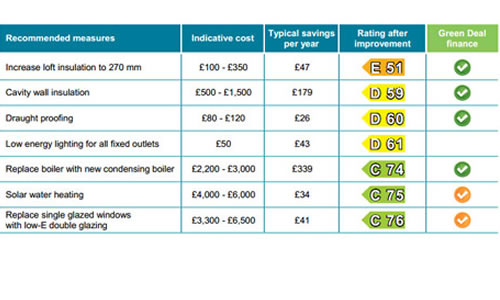
Can I install Solar PV to get a level D certificate then apply for FITs?
In some cases this may be possible. However, you should be aware that if you decide to install solar PV on a building that has a rating lower than D and a subsequent EPC assessment shows that the solar PV installation has not improved the rating of the building to a level of D, you will be unable to obtain the standard tariffs without undertaking further improvements to the energy performance of your property and obtaining another EPC assessment.
This is because a generator must be able to provide as part of their application for FITs an EPC certificate showing a rating of level D or above for the building to which the solar PV installation is attached or wired to provide electricity.
Does the EPC rating requirement apply to non domestic properties too? What about farmers and barns?
The requirement for EPC level D applies in respect of both domestic and non-domestic buildings. There are limited exceptions – see paragraph 33 and 34 of the Phase 1 response document.
Are there any circumstances in which an installation could be eligible for the standard solar PV tariffs without needing to meet the energy efficiency requirement?
The only circumstance where an installation can be eligible for the standard solar PV tariffs without meeting the energy efficiency requirement is where a generator can demonstrate that it is not possible to obtain an Energy Performance Certificate (EPC) for a building that the installation is attached or wired to provide electricity to.
The instances in which this “exemption” applies are expected to be limited. This is because:-
- it should be possible to obtain an EPC for any building that meets the definition of building set out in the Energy Performance of Buildings Directive (it is important to note that this includes buildings which are not currently required under that Directive to have an EPC when sold, let or built); and
- in many cases we expect that solar PV installations which are attached to a building for which it is not possible to obtain an EPC, will nonetheless be wired to provide electricity to a building that is able to obtain an EPC. For example, this might include a solar PV installation attached to a barn that is also wired to provide electricity to a farmhouse. In this example, the requirement would still apply and could be met if an EPC were provided demonstrating that the farmhouse was rated at EPC level D or above.
Because of this, application of the “exemption” will need to be considered on a case by case basis. In other words there isn’t a list of exempt building types as in all cases it will depend on the particular circumstances.
Generators will need to satisfy FIT Licensees and Ofgem that it is not possible to obtain an EPC for a particular building in support of their application for FITs. This evidence could, for example, be in the form of a declaration or letter from an accredited energy assessor who has visited the site in question and who confirms that it is not possible to provide an EPC for the building to which the PV installation is attached should be submitted. Generators will also need to satisfy FIT Licensees and Ofgem that the installation is not wired to any other buildings for which it is possible to obtain an EPC.
Decisions on eligibility for FITs are ultimately a matter for FIT Licensees and Ofgem to make on receipt of an application for FITs, and not a matter that DECC can offer a view on. Ofgem will shortly be issuing further guidance for generators and suppliers on the changes to the FITs legislation resulting from the first phase of the comprehensive review, including the application of the energy efficiency requirement.
